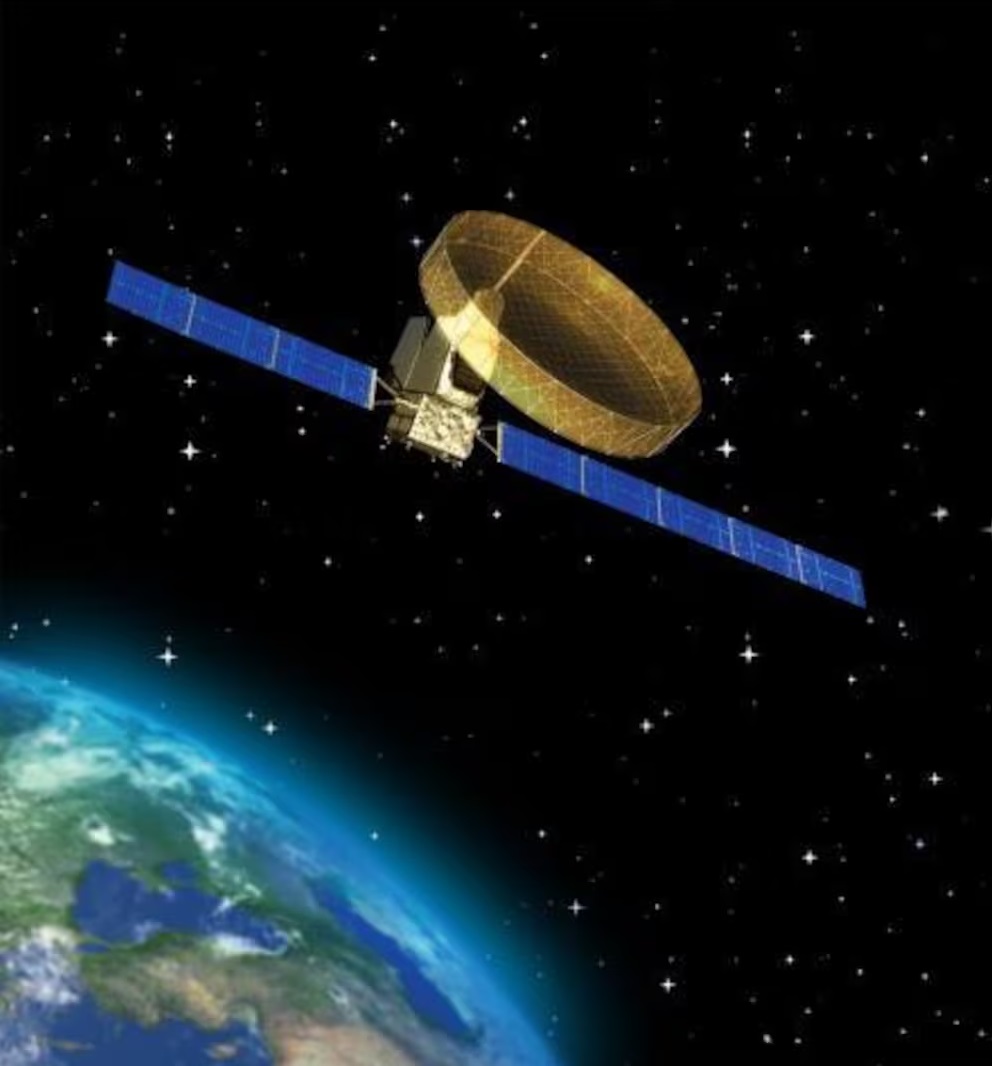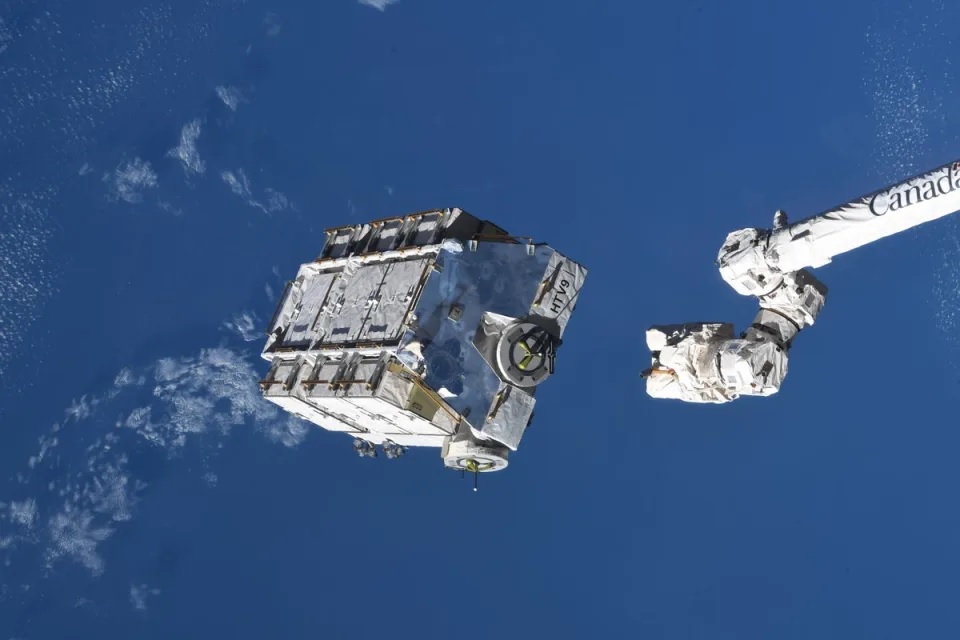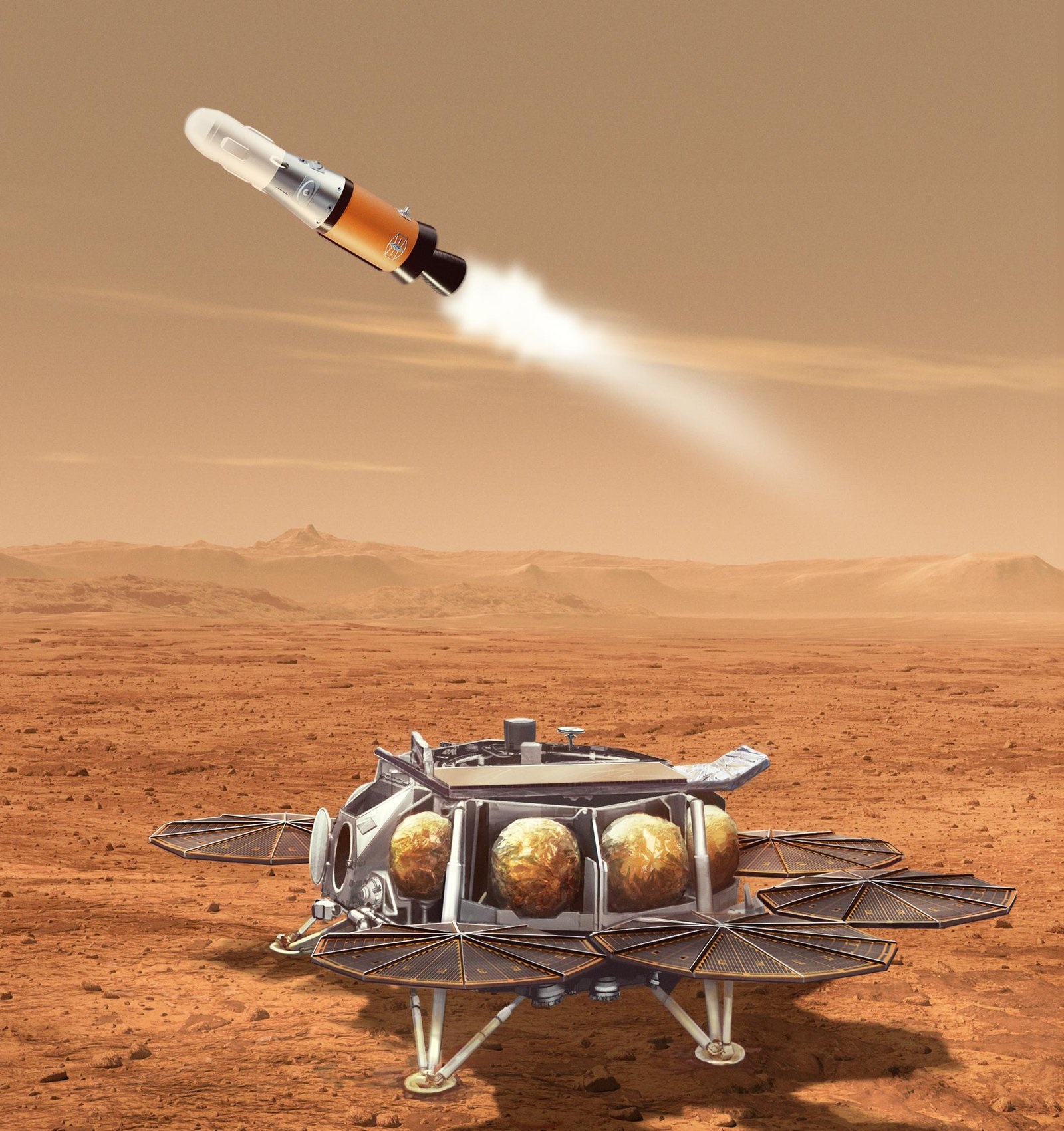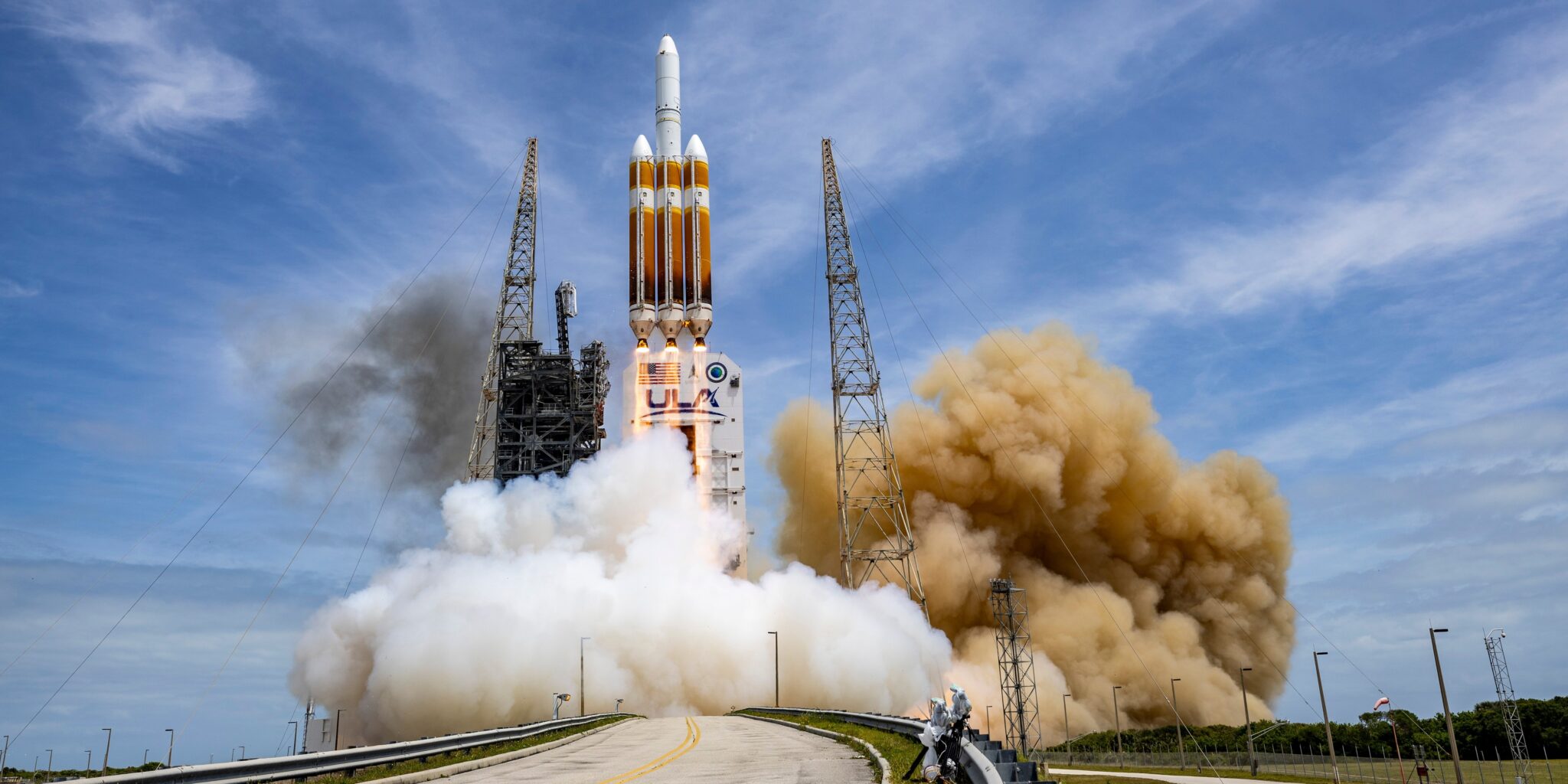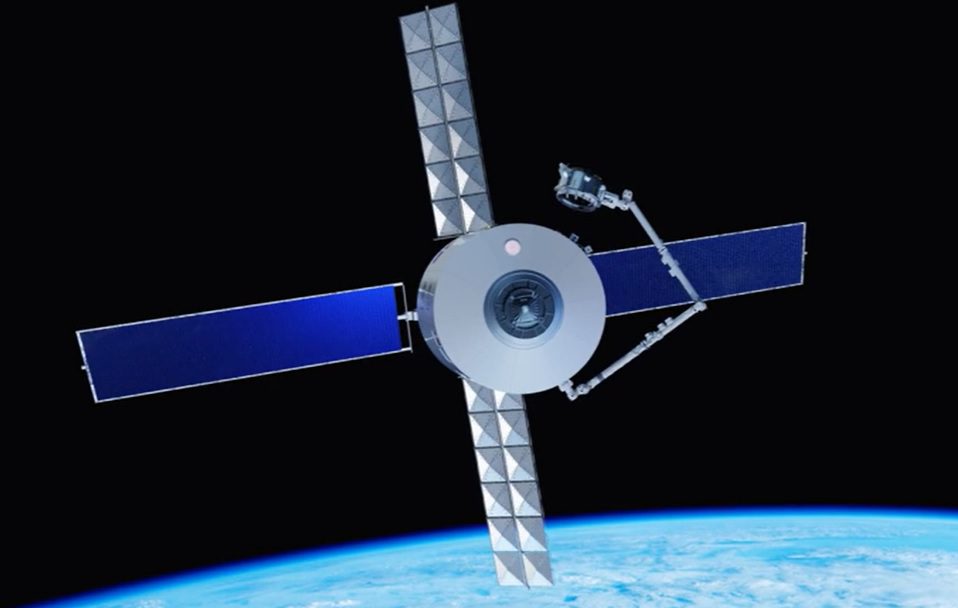Intelsat has updated its C-band transition plan with the FCC. On 14 August it outlined additions to the launch schedule for replacement satellites, including an intention to add non-C-band payloads to some of the new units, as well as a re-evaluation of the satellite naming scheme.
The six satellites currently on backlog for Intelsat originate from orders placed earlier in the year, distributed between Maxar (four units) and Northrop Grumman (two units). These six backlog satellites are planned to be launched in pairs on three missions during 2022. For this, Intelsat intends to order launches from two providers. The first will launch two dual-sat missions covering two Maxar units on one and the two Northrop units on another. A second launch provider is being sought for the third dual-sat mission which will launch the second pair of Maxar units. Contracts for these three missions are expected to be concluded by the end of this quarter.

Corporate logo of Intelsat. Courtesy of Intelsat.
The transition plan also clarifies Intelsat’s firm intention to place an order for a seventh GEO satellite. This award is expected to be announced in the coming months and is slated to launch after the initial six sats in mid-2023. The company intends to secure the launch contract for this unit at the same time as its construction contract is signed.
Intelsat’s C-band replacement satellites initially had a numbering scheme ranging from GALAXY 31 to 37. As the Intelsat strategy has matured these placeholder names have evolved into a form indicating the specific in-orbit units they will be replacing.
- GALAXY 31, Maxar, now known as GALAXY 23R.
- GALAXY 32, Maxar, now known as GALAXY 17R.
- GALAXY 33, Northrop, now known as GALAXY 15R.
- GALAXY 34, Northrop, now known as GALAXY 12R.
- GALAXY 35, Maxar, now known as GALAXY 3CR.
- GALAXY 36, Maxar, now known as GALAXY 28R.
- The yet to be ordered unit, previously known as GALAXY 37, is now GALAXY 13R.
Intelsat has estimated that it will spend US$1.18 billion to complete this phase of the C-band transition plan. The primary expense at this stage is, not unexpectedly, the cost of building the individual satellites. With an estimated average value of US$113 million each, the total is US$790 million. The second largest expense is the cost of launch, which Intelsat averages at US$40 million per payload, totalling US$280 million. Additional costs are incurred for insuring the payloads, estimated at US$85 million, and for “Program Management”, at US$25 million.
Additional payloads on-board? Perhaps not if operator objections are successful
It has been made clear by Intelsat, in its transition plan, that it intends to make use of this golden opportunity to expand its in-orbit presence in the region. The plan states that it may include additional non-C-band payloads on some of these replacement satellites. However, this will only be done if it does not interfere with the primary spectrum clearing task and, importantly, the FCC’s cost reimbursement guidelines. In addition, Intelsat said it would not seek reimbursement for the cost of these additional payloads and associated installation costs (which would be against the FCC guidelines).
Its intentions have drawn the attention of fellow operators in the region: EchoStar, Hughes, Inmarsat, SES and, significantly, Eutelsat. The prevailing view is that the FCC’s funding of replacement satellites should not be used to secure “free-rides” of additional comms payloads. From a competitive standpoint, another player gaining additional capacity at relatively little expense in a valuable market is something to be avoided.
Fellow large, Europe-based, global operator Eutelsat has strongly objected to this addition of further payloads. It is not alone in this with EchoStar Hughes and Inmarsat (operators with products primarily based in non-C-band frequencies) also providing arguments against to the FCC. They believe that the funding of satellites that can operate outside the intended C-band is beyond the scope of the FCC auction rules and have called for the rules to be amended to say as such.

